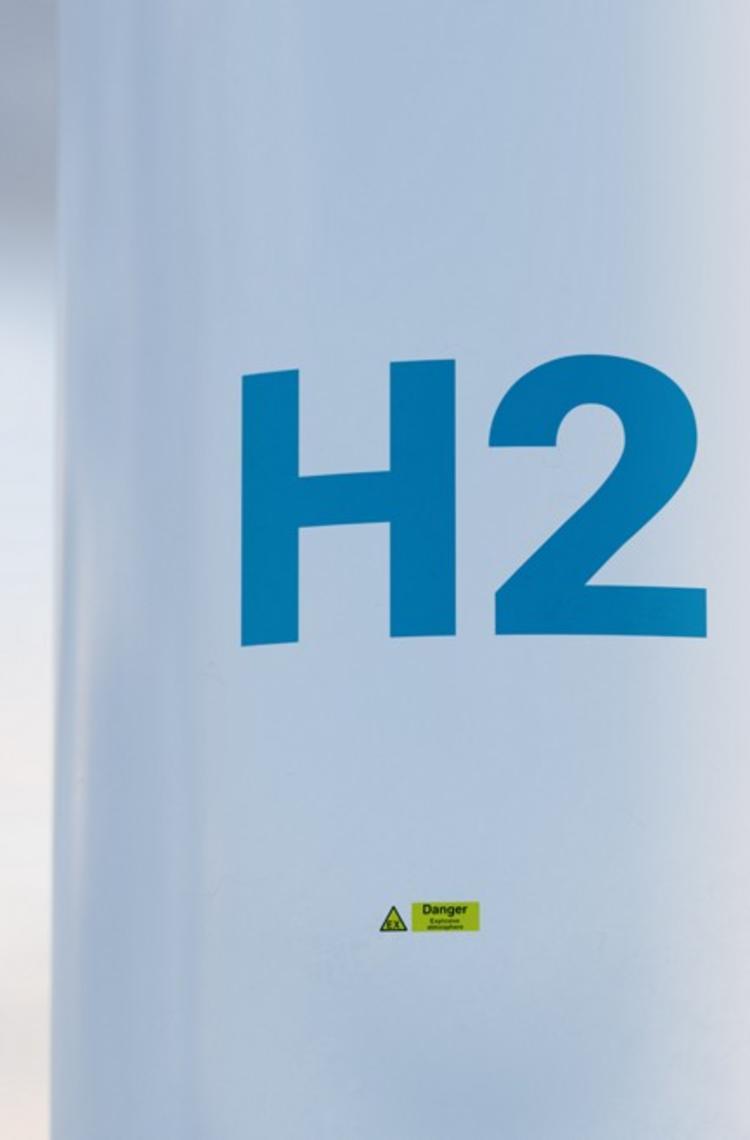Today, hydrogen is making its mark on the zero-emission aviation movement. Aviation start-ups and manufacturers—including Airbus—are starting to take a closer look at the possibilities that alternative-propulsion systems fuelled by hydrogen could offer future aircraft.
In the aviation industry, one existential question is seemingly on everyone’s mind: which “clean” energy carrier could be scaled up to fuel commercial aircraft?
For decades, the common industry consensus was no viable alternative to kerosene exists. This is because fossil fuels (kerosene and gas) have a high energy density that enables them to power large aircraft over long distances. However, carbon dioxide (CO2) emissions are the undesirable by-product.
More recently, sustainable aviation fuels have emerged as a clean substitute to fossil fuels, providing immediate but incremental reduction in CO2 emissions. Similarly, battery-powered electric propulsion is an exciting R&D area for aeronautical engineers thanks to its potential to eliminate emissions. Traditional batteries, however, are heavy and limited in range, which means the power-to-weight ratio makes it difficult to scale up to larger aircraft.
But another energy carrier is now making its move into the spotlight: hydrogen.
Hydrogen: the next frontier in aviation technology
Hydrogen is the most abundant element on earth. As one of two elements that forms water, it occurs in vast quantities in oceans, rivers, lakes and the atmosphere.
Hydrogen is incredibly versatile and has a variety of applications, including as feedstock and as fertilizer. In recent years, hydrogen has been used by the transport sector to power cars, buses, trains, bicycles, and motorcycles in various forms. In fact, NASA began using liquid hydrogen as rocket fuel in the 1950s, and was one of the first to use hydrogen fuel cells to power the electrical systems on spacecraft.
We’re exploring all hydrogen options to determine which hydrogen pathway could play a key role in scaling up zero-emission technology to larger aircraft.
- Glenn Llewellyn, Airbus VP, Zero-Emission Aircraft
In the aviation sector, engineers have identified three hydrogen technologies that could play a role in fuelling future aircraft:
- Hydrogen combustion in modified gas-turbine engines: This technology works in the same way as conventional internal combustion, which generates motive power (thrust) by burning gas, kerosene oil or other fuel. In this case, hydrogen (liquid or gas) simply replaces its fossil-fuel counterpart.
- Hydrogen fuel cells: This technology is a device that converts energy stored in molecules into electrical energy. During oxidation, hydrogen atoms react with oxygen atoms to form water, a process during which electrons are released and flow through an external circuit as an electric current to potentially power an electric or hybrid-electric propulsion system.
- Synthetic fuels: This net-zero carbon fuel is created when hydrogen produced via renewable electricity is combined with carbon dioxide. This fuel can already be added to fossil fuels and used in conventional jet engines.
Is hydrogen a “zero-emission” technology?
Hydrogen is a flammable, gaseous substance that emits no CO2 if generated from renewable energy through electrolysis. In this case, water and heat are the only by-products, a process through which no emissions other than water vapour are produced.
Hydrogen is also an energy carrier that can stabilise electricity networks provisioned by renewable or carbon-free sources, such as wind turbines and solar panels. Because renewable hydrogen draws on renewable energy sources, it is considered as “cleaner” and more sustainable than comparable energy-storage systems.
It is for this key reason that aeronautics engineers—including those at Airbus—are taking a closer look at hydrogen as a potential technology pathway for zero-emission aircraft. In the years to come, research into hydrogen is expected to ramp up exponentially as the aviation industry ecosystem assesses hydrogen’s technical and economic viability.
“Hydrogen is one of the most promising zero-emission technologies currently under consideration,” Glenn Llewellyn, Airbus VP, Zero-Emission Aircraft, explains. “We’re exploring all hydrogen options to determine which hydrogen pathway could play a key role in scaling up zero-emission technology to larger aircraft.”
